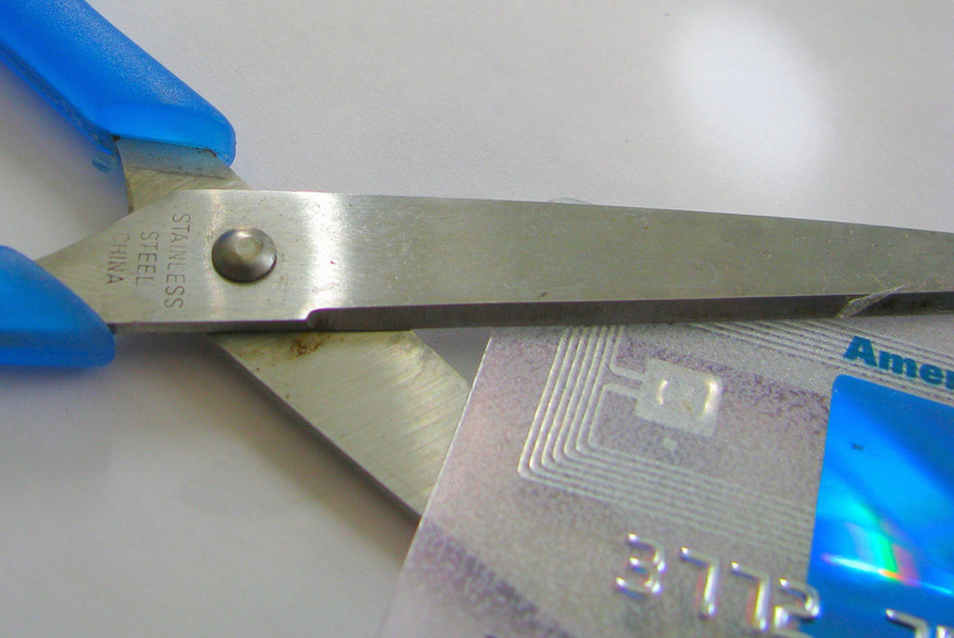My Credit Card Interest Rate Is Going Up. What Are My Options?

(Colin)
Credit card companies are indeed allowed to raise your APR, but the CARD Act of 2009 includes pro-consumer restrictions that prevent sudden and retroactive rate hikes for cardholders in good standing and gives them the option of closing your account without penalties.
NO SUDDEN RATE HIKES
While the CARD Act allows card companies to hit delinquent customers (those who are at least 60 days behind on payments) with a higher penalty APR, cardholders who are continuing to make payments must be given 45 days notice in writing before a rate change. That’s why you need to open every piece of mail from your credit card company even if you get all your statements online.
NO RETROACTIVE RATE HIKES
That higher APR will only apply to new transactions and not to your current balance. So if you don’t want to be hit with the increased interest rate, you can try to not use that card for new purchases. If you have multiple credit cards, choose the one with the lowest APR. Depending on your creditworthiness, you may want to consider applying for a new card though there’s no guarantee that the new account will come with a friendlier APR.
CLOSING OUT YOUR CARD WITHOUT PENALTIES
If you’re facing a rate hike, the law allows cardholders to close their credit card accounts without facing immediate repayment in full or penalty fees. That doesn’t mean you’re off the hook for the balance; you must still continue to make monthly payments and interest will still accrue. Card companies can put a five-year repayment deadline on closed accounts, so cardholders with substantial balances or who have been making minimal payments may need to pay more than they’re used to.
The one caveat with closing out a credit card is that it can have a temporary negative impact on your credit score. Credit bureaus factor in a consumer’s debt-to-credit ratio when tallying up their scores, so closing out a line of credit while retaining the same level of debt means that ratio increases.
Want more consumer news? Visit our parent organization, Consumer Reports, for the latest on scams, recalls, and other consumer issues.

